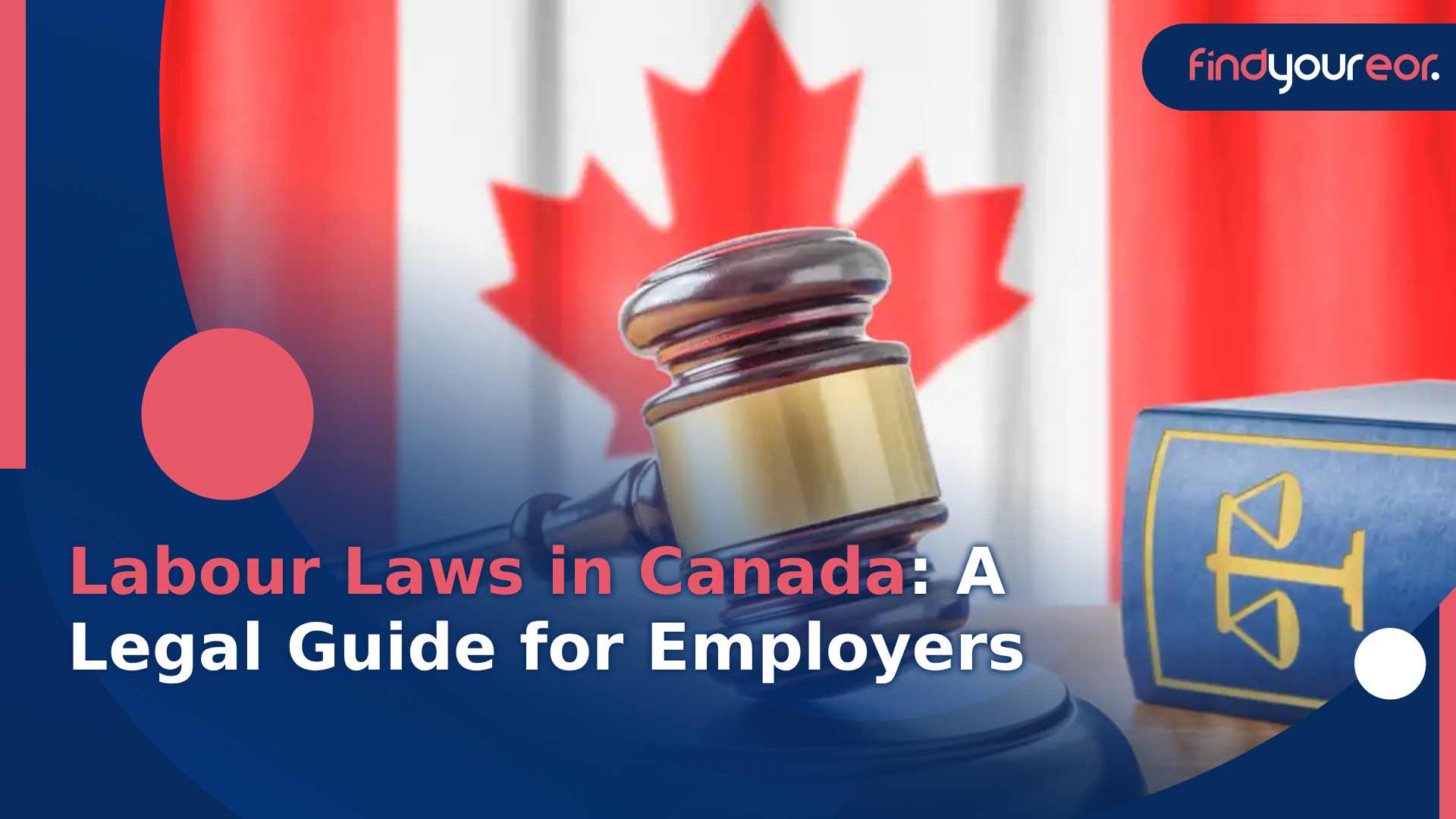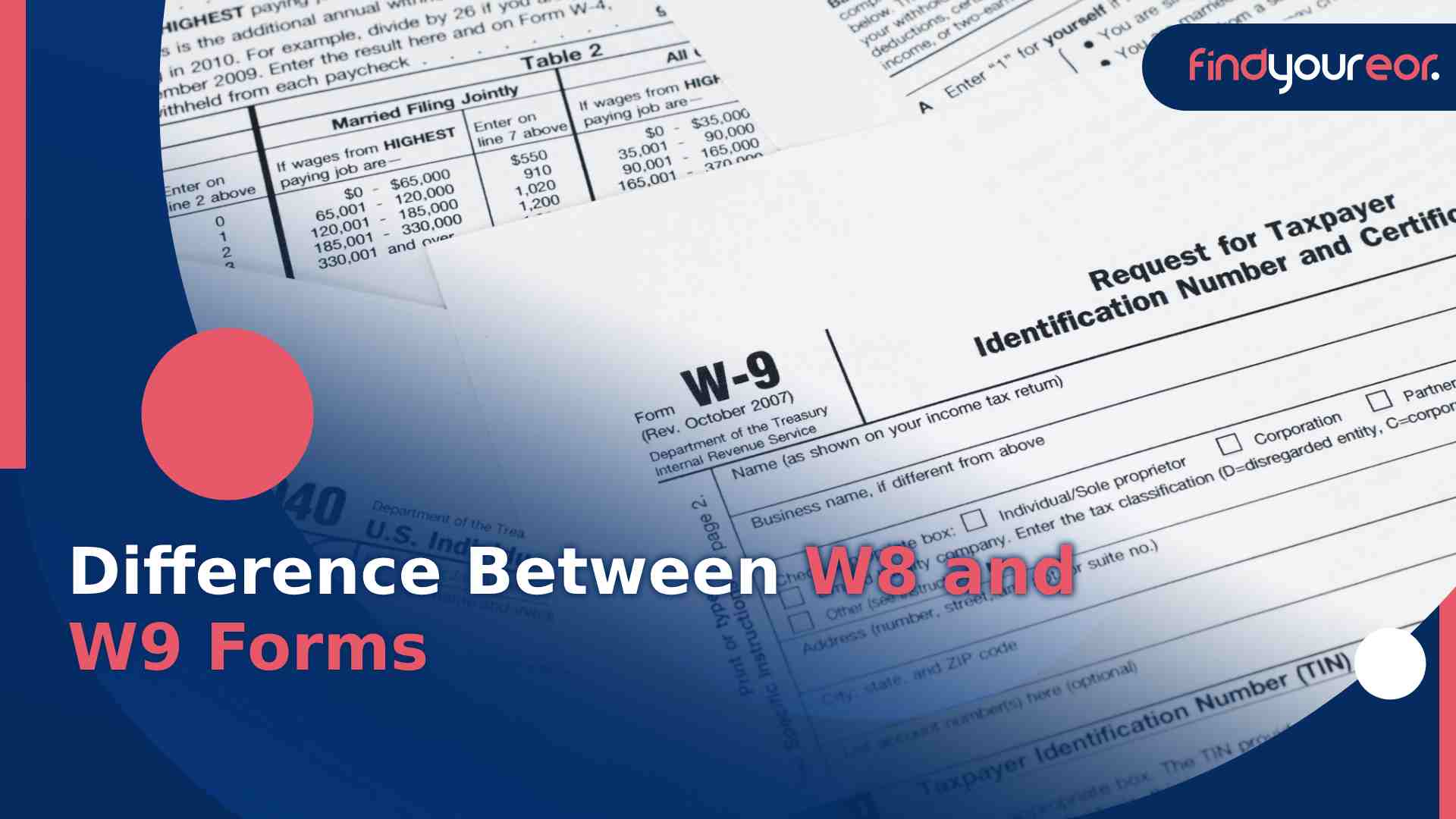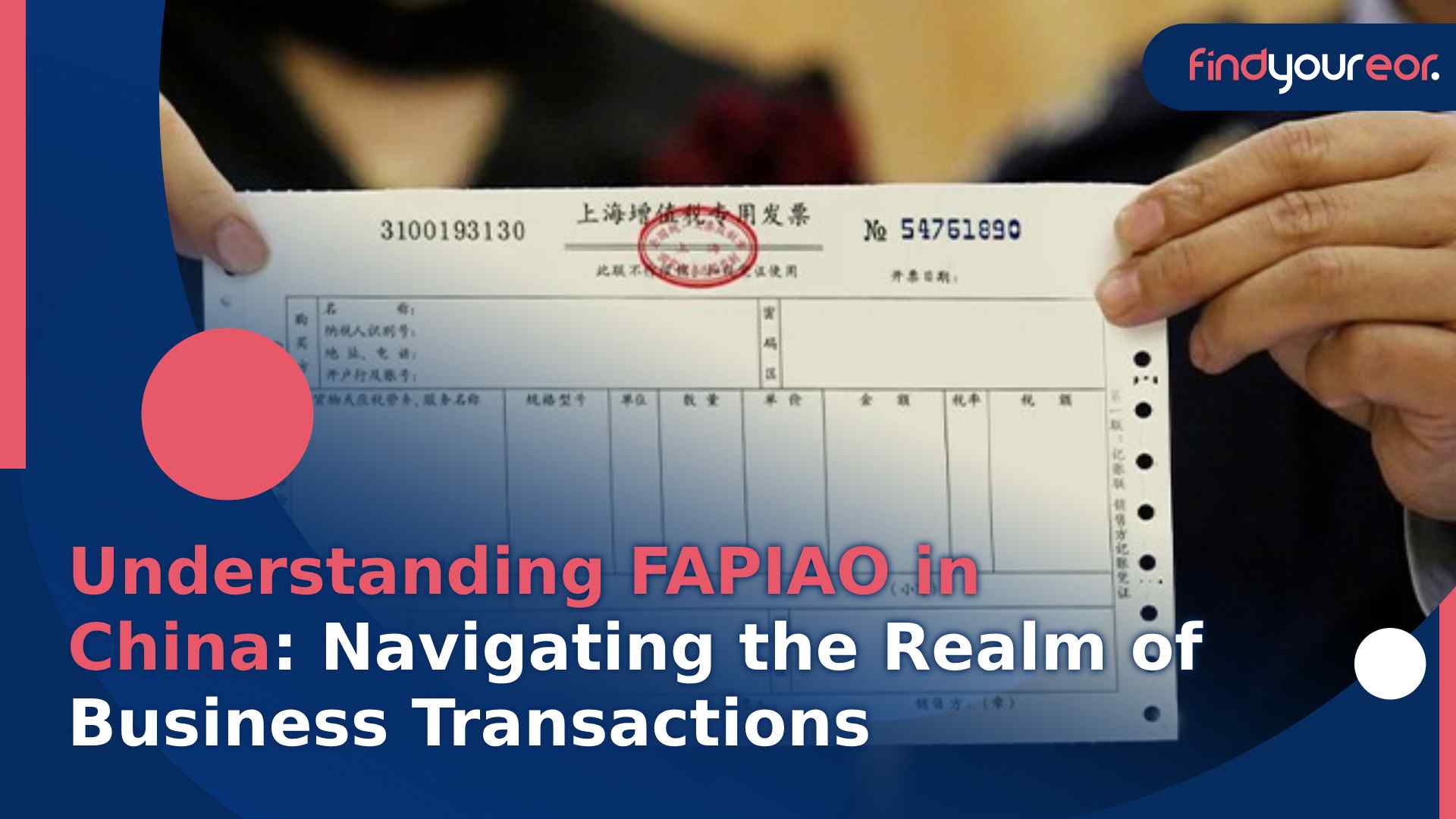How to Make a Conditional Employment Offer
Last update: July 12th 2023
To hire the finest candidate, employers go through numerous rounds of screening. However, the hiring process continues even after the selection of a candidate. It also includes giving the position to the best candidate. A basic recruitment method that enables companies to confirm that the applicant they want to hire is completely fit for the position is a conditional offer of employment.
In this article, we will be talking about the conditional offer of employment. Confusion and tension might result from a conditional offer of hire. We will cover everything you have to understand about contingent job offers in this piece, along with advice on how to make decisions. Let’s start talking about it!
Introduction to Conditional Employment Offers
Finding your right individual is a big relief after sifting through innumerable resumes and conducting endless interviews. You remember that you have not done a background check on the applicant as you get set to send out an offer letter. What occurs next? The good news is that you have the choice of issuing the applicant a conditional offer of employment that stipulates that they must successfully complete a background check before their start date.
Most companies are debating whether or not it is a smart idea to extend conditional offer of employment. This, according to the rapid pace of the current job market. The hectic labor market today may necessitate conditional employment offers. This is especially true given the present delays in background and drug screenings due to supply chain issues, court delays, regulation, and a variety of other causes. However, we suggest that a candidate wait to start working until all conditions have been satisfied.
A written communication stating a job offer that is conditional on the candidate meeting specific standards before beginning the position is known as a conditional offer letter. Full-time jobs, contract jobs, and internships sometimes involve conditional employment offers.
Understanding Conditional Employment Offers
Here are some of the reasons to provide a conditional offer of employment:
· Background check results: One of the most typical reasons for a company to provide a conditional employment offer is because the results of an applicant's background check are pending. Many businesses now use independent background check organizations, and the procedure might take many weeks or months. Many firms simply are unable to endure this long to begin the hiring process.
· Health screening: Many firms will provide a conditional employment offer as they wait for them to pass a pre-employment physical or a drug test.
· Credit checks: While companies await the results of an applicant's credit check, conditional offers of employment may be in place.
· Reference checks: Following the extension of a conditional employment offer, many employers will get in touch with a candidate's references.
· Licensing requirements: A candidate may receive a conditional offer while an employer waits for them to complete licensing requirements.
· Relocation: While a company waits for an applicant to successfully move to a particular location, a contingent employment offer may be extended.
· Eligibility to operate in a region: An employer may extend a conditional offer of employment while verifying an applicant's right to work in a specific nation.
Benefits of contingent employment offer are as follows:
· Conditional job offers assist firms avoid losing the attention of top candidates.
· Job offers with conditions aid in keeping the hiring process on track.
· There will be less chance of going to court if an employer has to withdraw the offer because an applicant did not follow the rules.
· In contrast to a conditional offer of employment, which offers the company flexibility if the candidate does not meet the conditions of the offer, an unconditional job offer is obligatory after it has been accepted by the applicant.
Key Elements of a Conditional Employment Offer
The following components frequently appear in a conditional offer of employment:
· Conditions: The particular requirements that the employer anticipates you to meet in order to accept the job offer are listed in a conditional employment offer. You might need to provide your written approval for some terms, such as credit checks. The conditional job offer is the greatest approach to let you know what to expect next. Some requirements, including demonstrating your ability to work, completing an exam, or participating in training, may be dependent on your own actions.
· Time limit: There may be a deadline for fulfilling the criteria of some conditional job offers. For instance, a conditional employment offer can state that acceptance is subject on passing a training course within a month. The offer for work remains in effect until you complete the course. By fostering urgency, this deadline can aid the company in promptly filling their open position. However, for other requirements, such as background checks, the amount of time required is independent of the candidate, therefore it may not be essential to set a time restriction.
· Job description: The job offer is another tool the business can use to reiterate the position it is providing to the applicant. Most job offers come with a brief work description like if it is office base job or remote work and an outline of usual responsibilities, including those that are conditional. Giving the candidate this information can help them be ready for their first day of work.
· Benefits and salary: Before attempting to fulfill the conditions, the employee has the option to reject the job offer if they choose to look for work with a different wage and benefits. Both the candidate and the employer might save time if they knew whether the candidate had any interest before they went through an investigation or additional training.
Crafting an Effective Conditional Employment Offer Letter
When creating an effective conditional offer of employment, keep a few things in mind. In general, the details that should be shared with a candidate are similar to those in any other kind of employment offer letter. Here are some examples of the information that employers must include:
· Role-specific details, such as position title, job description, and responsibilities.
· All crucial dates pertaining to the job offer.
· Breakdown of wages and compensation (including statutory and optional employment benefits).
· Information relevant to the business, such as its values and any obligations regarding confidentiality.
· A declaration of free-will employment (where permissible by the jurisdiction) and, if relevant, any policies regarding resignation or termination.
· A procedure that demonstrates the applicant has read and comprehended all specifications.
What is necessary must be crystal clear. As well as what they mean for a candidate in the interim, in addition to the basic information. Although it is crucial to have clear terms throughout any employment offer, making sure your conditions are clear for conditional employment offers helps protect applicants from misunderstandings or from assuming any promises connected to employment throughout the conditional time.
The following points should be into consideration while composing the paragraph referring to the contingent offer of employment:
· Share any details regarding any requirements that must be satisfied. connect with the company or employment position.
· Extend and explain each conditional requirement that applies.
· Explain what it takes to meet the requirements of each condition.
· Explain what happens if a candidate does not meet any requirements.
One advantage of a conditional offer of employment is that the employer has the right to withdraw it. This does not, however, imply that any rejections made in conjunction with a conditional offer might be in violation of labor regulations, such as due to a discriminating feature.
Determining Appropriate Conditions for the Offer
An employment offer that is conditional on the applicant meeting a certain standard is known as a conditional offer. These prerequisites frequently include:
· Background checks.
· Drug testing.
· Reference checks.
· Specific training.
· Certification.
· Medical exams.
Even if it is not the employer's standard practice, they may submit a conditional offer of employment. This, depending on a candidate's ability to work in the area. The terms of the offer appear in the letter. Letting the applicant know that there are still restrictions they must satisfy before starting employment.
Communicating the Conditional Offer to the Candidate
Employers have the option to communicate and provide conditional job offers to:
· Get more time: Employers can reserve an applicant before they take an offer from a different business by extending a job offer before the checks are complete. Because background checks, credit checks, and reference checks might take time, an ideal candidate might be persuaded to accept an offer from another company. An employer has the opportunity to verify employment with the applicant after making a conditional employment offer. But they also retain the right to withdraw it if they so choose.
· Ask for information: Before they can complete the formal recruiting process, a company can need extra details from the applicant. Employers can get this information from candidates via a conditional job offer. The employer has the right to revoke the offer if the candidate is unable to supply the information. Because they will be unable to complete the administrative procedures necessary to add the candidate to their payroll. Examples of this could be proving one qualifies for a job or having the law requirements.
· Comply with the necessity to request authorization: Before allowing an investigation or criminal record check, certain jurisdictions may demand that the employer notify the applicant. In these situations, the company might extend a conditional job offer to entice the applicant to agree to the checks. As a courtesy to candidates who might be reluctant to inform their present employer of a possible job change in the absence of a good lead on a new position, businesses occasionally submit a conditional offer of employment before notifying a candidate's references.
Legal and Compliance Considerations
Any terms that depend on an exemption status can be illegal. For instance, if a job offering was contingent on the applicant proving they belong to a particular church, that might constitute religious discrimination. It can be discrimination due to union status to condition an employment on giving a duplicate of a marriage certificate.
Even though the condition seems to be neutral, using it for prejudice against employees may be against the law.
Handling Candidate Acceptance or Negotiations
When a candidate formally accepts a conditional offer, it may become legally binding. The candidate may respond to a conditional job offer by sending an email or phone answer. This, outlining their comprehension of the terms and the decision to abide by them. The employer has the right to withdraw the offer if the candidate declines it.
If an applicant does not want to fulfill the requirements set forth by the employer, they do not need to accept a contingent employment offer. However, they can move forward with the requirements for employment if the conditions are fair and the applicant answers quickly.
If an applicant accepts a conditional offer and fulfills all the prerequisites, they get the job and the company starts the onboarding process. Recruiters and HR departments both have the option of marking an available position as "filled."
If a prospective employee fails to satisfy the terms of a conditional offer, the employer may withdraw the offer. Although the company is free to extend any deadlines they set, they might prefer to move ahead to another applicant.
For instance, if an employer demands certification proof within two weeks and the applicant fails to deliver it on time, the firm may offer the position to another applicant who did. An employee has a better probability of retaining the offer if they fulfill the requirements before the deadline.
Conclusion
The contingent offer is a useful tool for companies. Since it enables them to express their curiosity in the candidate while also covering key specifics like compensation.
Conditional offers enable businesses to finish their assessment of the candidate's qualifications and experience, most frequently via a background check.
When deciding whether to incorporate conditional offer of employment as part of the recruitment procedure and, if so, what wording the letter should contain, it is advisable to speak with an Employer of Record as well.
Making a good first impression and improving hiring success all involve employing conditional offers and keeping in touch with candidates.


















.jpg)




















